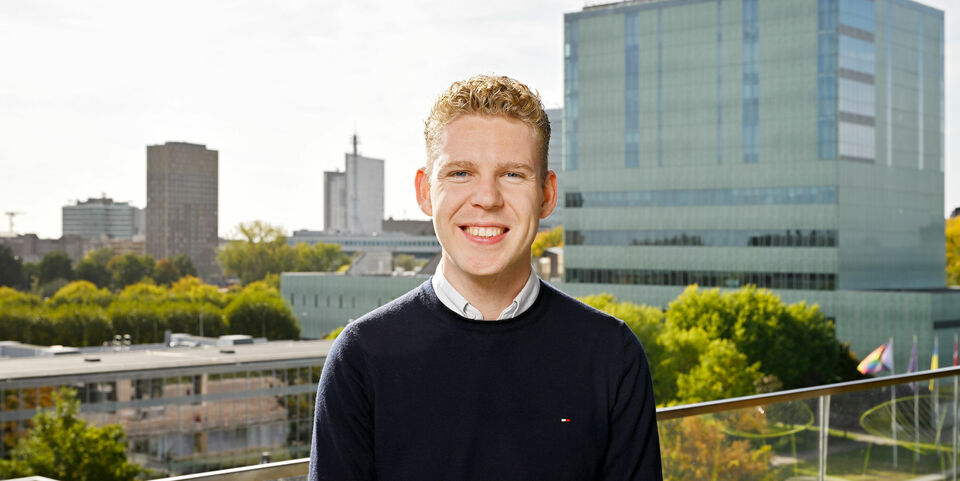Judge of character
I started to wonder these last few weeks: of all the things I’ve learned during the past academic year, what has impacted me the most? What has really changed me recently? I think I know the answer.
The way I look at people has changed radically this past year. I didn’t take any courses, but spent the last year serving on the board of the Wervingsdagen, and a lot has happened. I experienced what it is like to collaborate fulltime with a team. It sometimes felt as if we were together 24/7. The great thing about the Wervingsdagen is that you don’t know one another when you start out; you truly have no preconceived ideas at the outset. Apart from one close friend, I didn’t know anyone.
Fast forward to a year later. You’ve gotten to know a group of people in a way you never knew someone before. You automatically build a friendship because you spend so much time together. I believe that most of the friendships you forge are based on matching personalities and/or interests. But never before have I been friends with people I spent an average of fifty hours a week with for the duration of an entire year, and with whom I worked so closely. Our personalities hardly matched; we were a very diverse group. Collaboration brings out your professional side, which is also strongly linked to your personality. But in the end, that’s another side to who you are as a person. And it certainly is surprising how deep the divide between people’s personal and professional sides can be sometimes.
I spent that year constantly evaluating how I think of someone, set against how that person actually responds in reality. After all, you’re working together, and you want to understand each other or make something clear. That’s the natural thing for humans to do. And when someone truly responds differently than you expected, you register that and – consciously or not – ask yourself why. Because collaboration, by definition, leads to disappointments and expectations that can’t be met, but also to surprises. And disappointment is what you want to prevent most of all, naturally. You adjust your communication style in such a way that it allows you to collaborate and communicate in the most pleasant and effective way possible.
What I truly learned from that, is that I need less information about someone than before in order to be effective. Effective at collaboration, conducting conversations and knowledge transfer, but also at having fun. Because everyone is different, and when you work together with one person or a group of people, you – subconsciously – look for a balance that allows you to function as effectively as possible. Because in the end, it’s always a good thing when things can be done a bit more effectively. And all this happened within our group. What took three hours to discuss at the start of the year, took us only 45 minutes in the end.
This is the reason why I so strongly support learning via group projects. It’s not only an environment where you gain scientific knowledge, it also makes you more aware of your social surrounding, and it makes you continuously reflect on how you respond to that. It also makes you reflect on how you can improve yourself. And that’s something you can train yourself in. That is also why I absolutely support TU/e’s vision to strive for fifty percent group work in education. I also strongly believe that students at the department of Industrial Design for example, where group work is practically the norm, have an advantage.
Of course, transfer of scientific knowledge can’t always take place in groups. Some formulas really need to be explained by a professor in a lecture hall – and please let us continue with that. But in the time to come, creativity and innovation in education will (hopefully) make sure that we, as future engineers, will take steps towards becoming effective at working together, with whatever discipline. Wouldn’t that be great?


Discussion